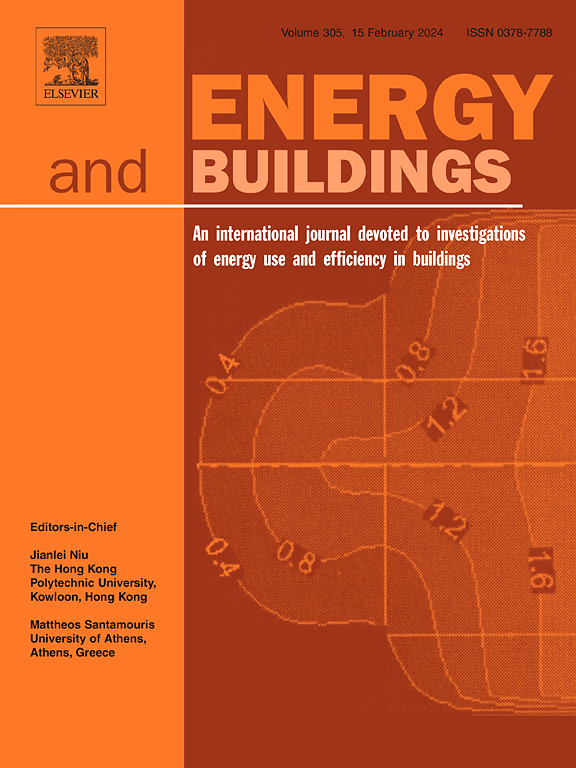A dialectical system framework for building occupant energy behavior
IF 6.6
2区 工程技术
Q1 CONSTRUCTION & BUILDING TECHNOLOGY
引用次数: 0
Abstract
Building occupant energy behavior is a key driving factor influencing energy consumption during the operational phase of buildings, making a deeper understanding of occupant behavior crucial for achieving energy savings. However, existing research tends to focus on isolated aspects and lacks a comprehensive understanding of its complexity and the interconnections among its elements. This research innovatively proposes a dialectical system framework for building occupant energy behavior, constructing the relationships between elements within the system from three dimensions: conceptual, methodological, and value, and examining the antagonism and unity between different subsystems. In the conceptual dimension, building occupant energy behavior is deconstructed into two core components, building and occupant energy behavior, which are further divided into multiple subsystems with detailed elaboration on their scope and content. In the methodological dimension, this research summarizes the strengths and limitations of existing quantitative and qualitative methods, discusses the trade-offs among different methods, and integrates these methodologies within the conceptual framework to analyze their applications in the context of building and occupant energy behavior. In the value dimension, it identifies the needs of various stakeholders and analyzes the multi-dimensional value that building occupant energy behavior research provides to them. Based on this framework, this research identifies existing research gaps and proposes future research directions, aiming to promote further exploration in the field and providing researchers with a novel dialectical systemic framework to understand the complexity of occupant behavior.
求助全文
约1分钟内获得全文
求助全文
来源期刊

Energy and Buildings
工程技术-工程:土木
CiteScore
12.70
自引率
11.90%
发文量
863
审稿时长
38 days
期刊介绍:
An international journal devoted to investigations of energy use and efficiency in buildings
Energy and Buildings is an international journal publishing articles with explicit links to energy use in buildings. The aim is to present new research results, and new proven practice aimed at reducing the energy needs of a building and improving indoor environment quality.
 求助内容:
求助内容: 应助结果提醒方式:
应助结果提醒方式:


